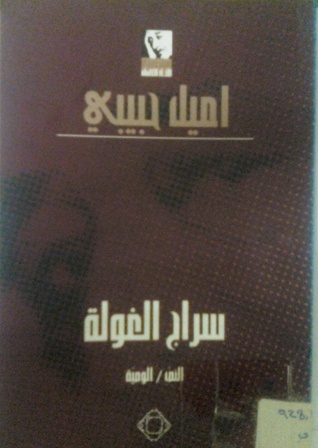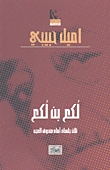
Also Emile Habibi
(Arabic: إميل حبيبي)
Habibi (Habiby) was an Palestinian Christian writer and politician .
He was born in today's Israel, which at that time was part of the British Mandate of Palestine. Born in to a Protestant Palestinian Arab family (his family had originally been Arab Orthodox but converted to Protestantism due to disputes within the Orthodox church) In his early life he worked on an oil refinery and later was a radio announcer. Under the Mandate he became one of the leaders of the Palestine communist party. When the 1948 Arab-Israeli War began in 1948 he stayed in Haifa while many others chose or were forced to leave the country. As a result he was granted Israeli citizenship. After the war he helped to create The Israeli communist party and established the Israeli communist paper Al-Ittihad. He stayed in Haifa his whole life. His gravestone reads (on Habibi's own request): "Emile Habibi - Remained in Haifa."
Habibi received the Al-Quds Prize from the PLO. Two years later (in 1992) he received the Israel Prize for Arabic literature. His willingness to accept both reflected his belief in coexistence. Though after accepting the Israel Prize a debate set off among the Arabic intellectual community. Habibi was accused of legitimating the Israel anti-Arabic policy. Habibi replied to the accusations: "A dialogue of prizes is better than a dialogue of stones and bullets," he said. "It is indirect recognition of the Arabs in Israel as a nation. This is recognition of a national culture. It will help the Arab population in its struggle to strike roots in the land and win equal rights .

